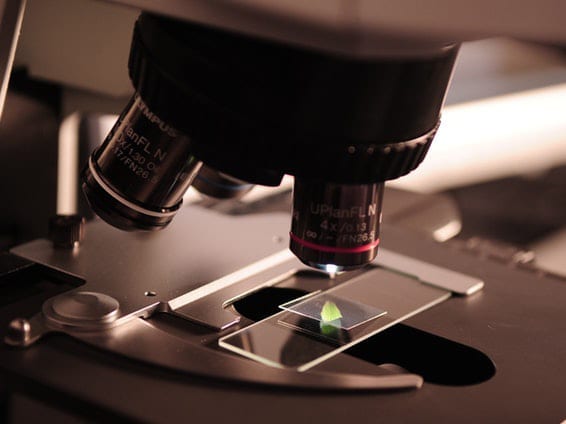Hungarian Scientists Share New Hypothesis Regarding Acne
Acne is something that seems to have plagued teenagers since the dawn of, well, the concept of the teenager. According to the American Academy of Dermatology, acne is the most common skin condition in the United States, affecting up to 50 million Americans annually. While doctors typically refer to acne as a chronic condition, a team of researchers from the University of Debrecen in Hungary have a different theory, IFLScience.com reports.
“Instead of considering acne as an accidentally occurring disease accompanied by pathological processes, we propose that acne is unavoidable inflammation precipitated by physiological changes of sebaceous skin during adolescence,” first author Andrea Szegedi said.
In other words – acne is a result of your skin maturing. The team argues that as skin ages it’s exposed to new microbes and increases the production of an oily substance called sebum. This increased sebum production causes an inbalance in the skin’s natural flora to occur, resulting in the perfect environment for bacteria to thrive, which provokes a response from the immune system.
While this research is still in its infancy, the team hopes that this research will ultimately lead to a change in the conventional treatments currently used to treat acne, suggesting that there should be a greater emphasis on finding balance between an individual’s skin and its microbiome.
Read the full study in Trends in Immunology.














